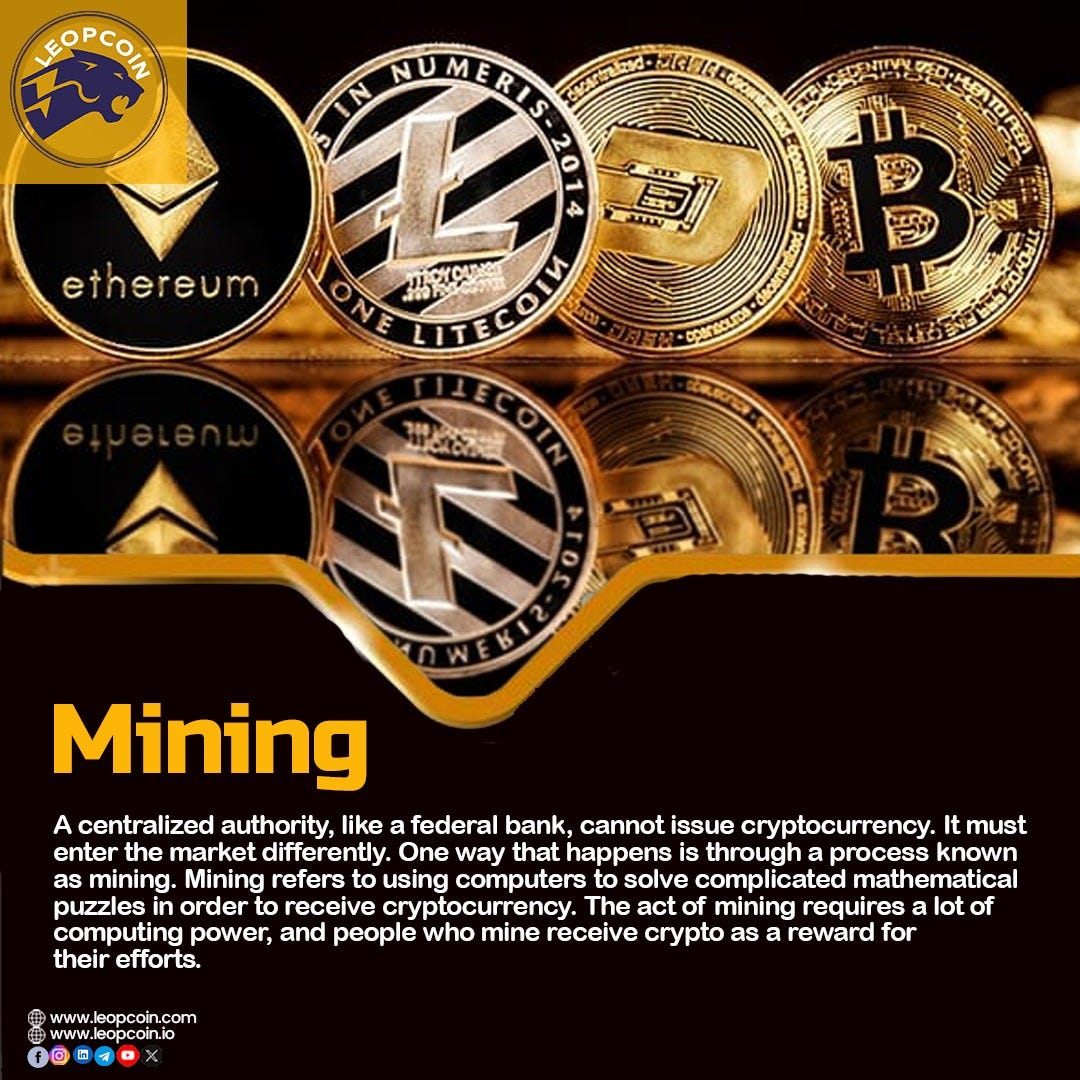- Are all cryptocurrencies mined
- Are all cryptocurrencies based on blockchain
- Do all cryptocurrencies use blockchain
Market cap of all cryptocurrencies
“There remain a number of open questions about the rule that the bureau finalized,” Mandell said. “I think it would benefit the industry generally — and consumers specifically — to have that clarity https://elmergernaleartworks.com/bonuses/minimum-deposit/.”
Over the past two months, the federal agency instituted a new rule for oversight of digital payments apps offered by big companies; targeted credit card reward programs; and sued Early Warning Services and big banks over the Zelle payments tool.
Artificial Intelligence (AI) is driving predictive, adaptive payment systems. These AI-powered agents can manage cash flow, overdrafts, and even make automated transactions. By embedding intelligence into payments, businesses and consumers alike are experiencing unprecedented efficiency and personalization.
Are all cryptocurrencies mined
“This competitive process rewards successful participants with newly generated tokens while maintaining the integrity of the decentralized system,” Kline told The Post. “Essentially, mining combines network security with financial incentives in a technological ecosystem designed to operate without central authority.”

“This competitive process rewards successful participants with newly generated tokens while maintaining the integrity of the decentralized system,” Kline told The Post. “Essentially, mining combines network security with financial incentives in a technological ecosystem designed to operate without central authority.”
Given the substantially lower costs associated with proof-of-stake, you might think it’s a better way to validate transactions. It does, however, still have downsides. For example, even though there’s no concern that an entity can gain control over 51% of a network’s computing power with proof-of-stake, if an entity could gain control of 51% of all outstanding tokens it could hold the network and its stakeholders hostage. Of course, there’s not much likelihood this will happen with high-market-cap digital currencies. However, virtual currencies with low market caps may be susceptible to this vulnerability.
Founded in 1993, The Motley Fool is a financial services company dedicated to making the world smarter, happier, and richer. The Motley Fool reaches millions of people every month through our premium investing solutions, free guidance and market analysis on Fool.com, top-rated podcasts, and non-profit The Motley Fool Foundation.
In the context of mining, the hash of each transaction consists of a string of numbers and letters that acts as an identifier. The transaction hash represents all the information contained in that transaction.
Imagine a global digital ledger where every cryptocurrency transaction is recorded. Mining ensures this ledger stays accurate and secure. Miners use specialized computers to solve puzzles (essentially guessing numbers) to organize and confirm pending transactions. The first one to solve it gets rewarded with cryptocurrency.
Are all cryptocurrencies based on blockchain
Not all blockchains follow this process. For instance, the Ethereum network randomly chooses one validator from all users with ether staked to validate blocks, which are then confirmed by the network. This is much faster and less energy intensive than Bitcoin’s process.
A change in any data changes the hash of the block it was in. Because each block contains the previous block’s hash, a change in one would change the following blocks. The network would generally reject an altered block because the hashes would not match. However, a change can be accomplished on smaller blockchain networks.
A smart contract is computer code that can be built into the blockchain to facilitate transactions. It operates under a set of conditions to which users agree. When those conditions are met, the smart contract conducts the transaction for the users.
Many in the crypto space have expressed concerns about government regulation of cryptocurrencies. Several jurisdictions are tightening control over certain types of crypto and other virtual currencies. However, no regulations have yet been introduced that focus on restricting blockchain uses and development, only certain products created using it.
Do all cryptocurrencies use blockchain
Ethereum Request for Comment 20 (ERC-20) is the implemented standard for fungible tokens created using the Ethereum blockchain. ERC-20 guides the creation of new tokens on the Ethereum blockchain so that they are interchangeable with other smart contract tokens.
“Once there is consensus, the block is added to the chain and the underlying transactions are recorded in the distributed ledger,” says C. Neil Gray, partner in the fintech practice areas at Duane Morris LLP. “Blocks are securely linked together, forming a secure digital chain from the beginning of the ledger to the present.”
While confidentiality on the blockchain network protects users from hacks and preserves privacy, it also allows for illegal trading and activity on the blockchain network. The most cited example of blockchain being used for illicit transactions is probably the Silk Road, an online dark web illegal-drug and money laundering marketplace operating from February 2011 until October 2013, when the FBI shut it down.
The dark web allows users to buy and sell illegal goods without being tracked by using the Tor Browser and make illicit purchases in Bitcoin or other cryptocurrencies. This is in stark contrast to U.S. regulations, which require financial service providers to obtain information about their customers when they open an account. They are supposed to verify the identity of each customer and confirm that they do not appear on any list of known or suspected terrorist organizations.
The main pros of DAG networks have to do with mining. Because no mining takes place, there are no mining fees associated with making DAG transactions. Seeing how block rewards are falling, mining fees are bound to rise in order to incentivize miners to continue mining. In that respect, a system that would eliminate mining fees altogether looks promising for the future.

